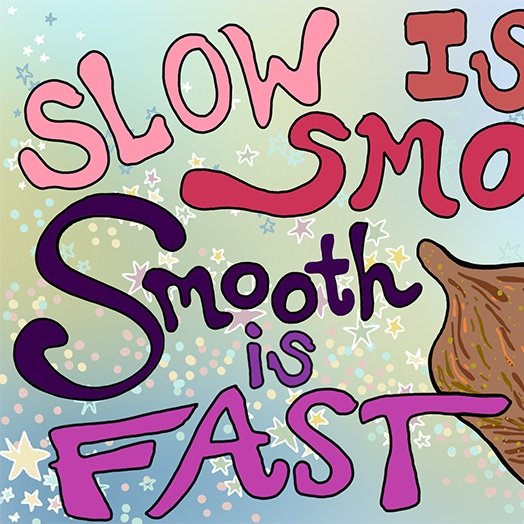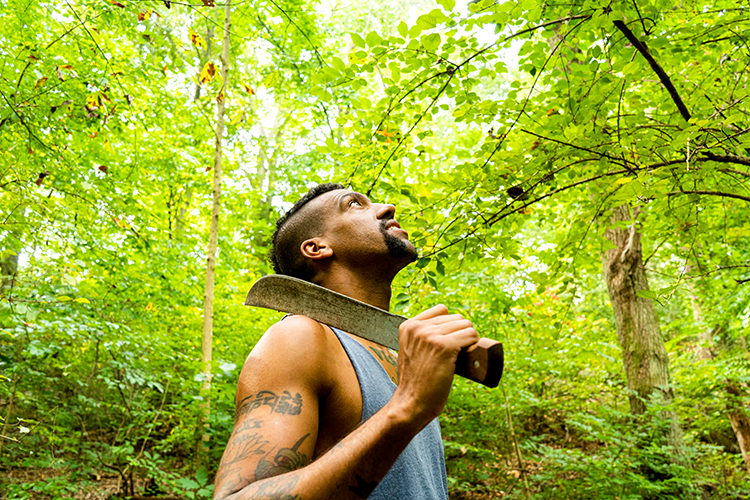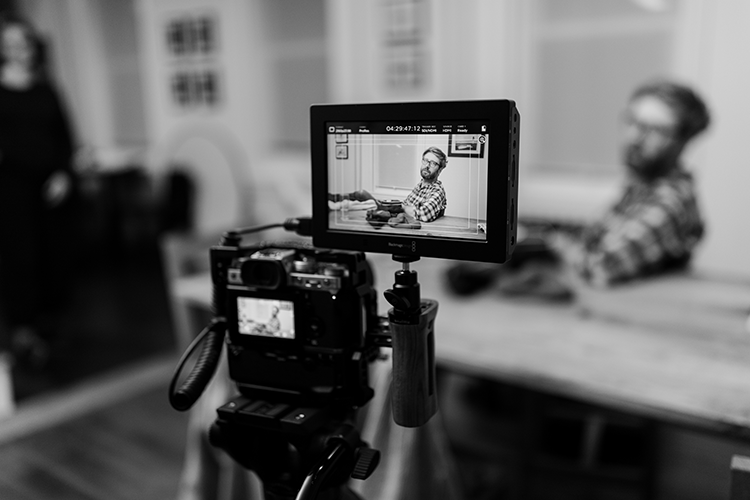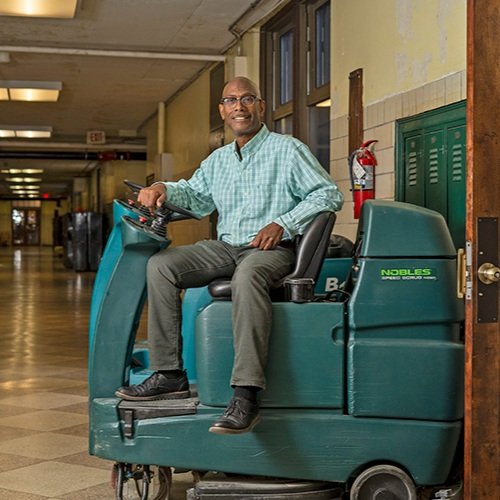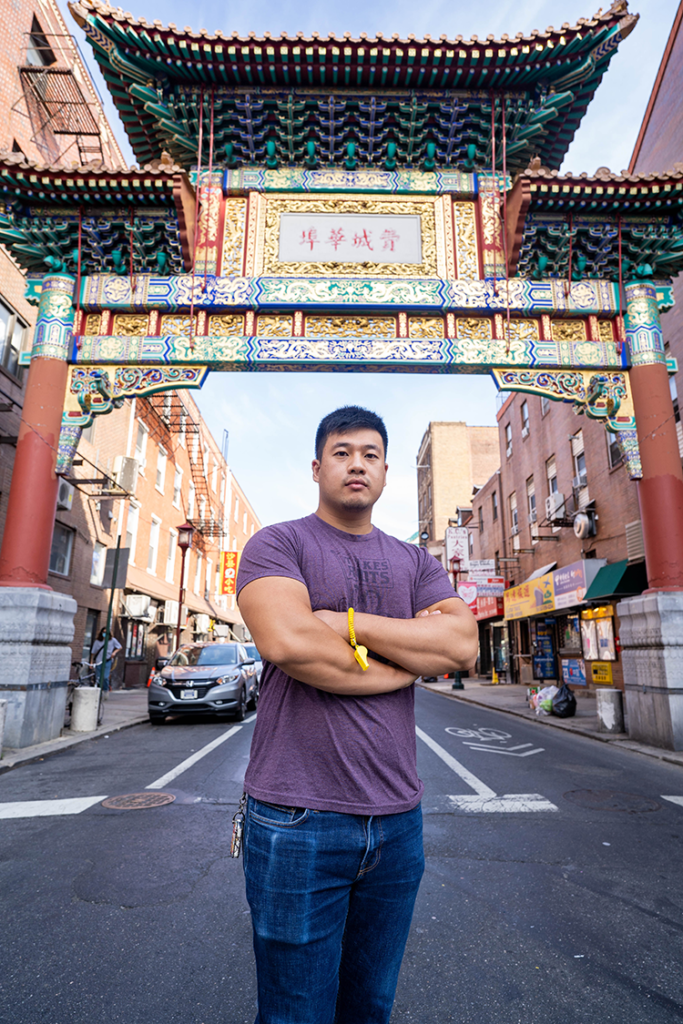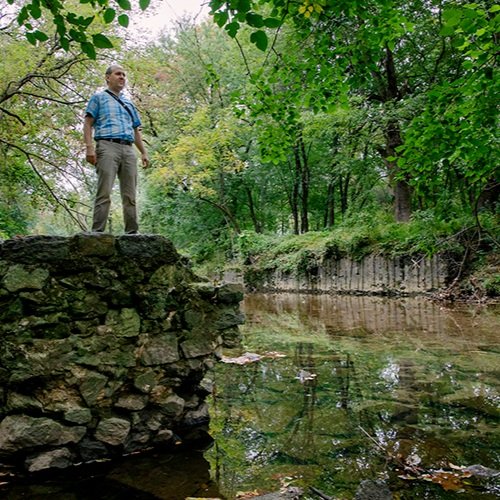There are a lot of laws and disclaimers regarding what bicyclists should do when riding on the road. But there isn’t much public information about what they should do if a crash happens. Of course, no one should go through the traumatic experience of a crash with a driver—especially, as has become more of the norm, a hit-and-run driver—but we know the reality of biking.
That’s why we asked Stuart Leon, bicycle crash lawyer, some questions about what to do in a crash, and whether a lawyer can help in some of the most dire situations. (Full disclosure: I’ve written for his firm outside of my work for Grid and the Bicycle Coalition of Greater Philadelphia.)
This interview has been edited for brevity, clarity and style.
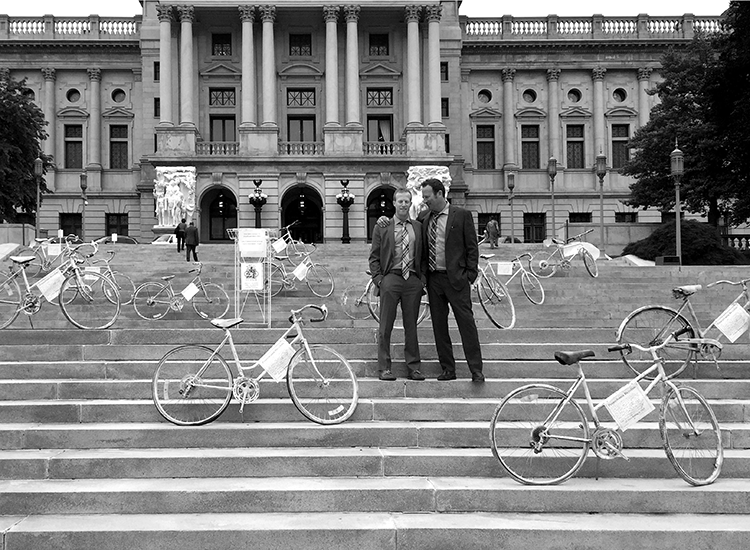
What would you say are the most common misconceptions regarding bike laws in Philadelphia and the region?
If you get crashed out by a motor vehicle there is a 99% chance that a lawyer will be able to get your hospital or medical treatment paid for. If the condition of the road [pothole, ditch, messed-up trolley rail] or road surface crashes you out, same deal. I’ll bet you a lawyer can get your bills paid.
The other thing is, you do not need video of any kind to prove that you’ve got a case. Video rarely exists, and almost never shows a tag number. We do not need video to work for you and win your case.
A lot of bicyclists and folks riding micromobility devices (including bicycles, e-bikes, scooters and e-scooters) have gotten into crashes without necessarily getting hit by drivers, even though a driver may be at fault. Is there still something that can be done if a driver causes a rider to fall without actually hitting them?
Yes. Pennsylvania law does not require any physical contact with the vehicle that caused your crash. You could still have a case every bit as strong as if the vehicle hit you or if there was contact.
Often the crash victims we work for took evasive action because they were paying attention and saw the vehicle coming. They ended up crashing or sliding out to avoid contact. A bicyclist/scooterist/skateboarder is not penalized for that and a lawyer can usually help the victim receive justice for that action.
What about if there’s no police officer involved, or if no ambulance is needed in the aftermath?
In a no-contact crash, the driver often gets away without being identified. If that happens, the rider is eligible to get paid for all of their damages from one of several sources, but Pennsylvania law and insurance policies require either a police report or an ambulance ride to back up the rider’s claim.
You should keep in mind you have 30 days after the crash to file the police report. If the cops give you a problem about reporting it, call a lawyer to help you get it filed.
But in a no-contact crash, who pays the victim out?
If the crash victim gets the tag number of the vehicle that crashed them out, they can win all their money damages from the vehicle’s insurance company.
If the crash victim doesn’t get the tag number or identity of that vehicle, they should file a police report. Filing the police report makes the victim eligible to get paid for their damages from the Pennsylvania Financial Responsibility Assigned Claims Plan.
Pennsylvania insurance law is kind of great in providing that safety net of $15,000 for crash victims of uninsured or unidentified motorists.
You’ve represented cyclists outside the region, including at least one who was in an officiated race in the Lehigh Valley. Can you tell me about what that experience was like?
There’s not much difference between the city and outlying counties. The issue is, the Philadelphia police are overwhelmed and there’s no consistency in how deeply they get involved in an investigation.
County and Pennsylvania state police seem, in our experience, to have unlimited resources to investigate a report. The one universal is that the bicycle rider is rarely able to gather info on witnesses, ID the driver, get the driver’s tag number and their insurance information. So we always start behind the eight-ball there.
So long as we get involved, get the bicyclist’s story and give the cyclist an opportunity to tell their story at a deposition or a Q&A in court, we usually win.
Thankfully, there has been a huge amount of press dedicated to hit-and-runs in Philadelphia recently. Have you seen an uptick in your clients being involved in hit-and-runs?
We’ve seen an epidemic of hit-and-run crashes in the past five years or so. We attribute it to more smartphone usage, less enforcement and more traffic.
They drive away because they can, they don’t know, they were never looking nor paying attention in the first place. Usually we don’t get to find out who they were or where they went. On average we work for one hit-and-run victim every week or so.
What’s the normal series of steps when a client comes to you and says the driver took off after hitting them?
We always poster the crash scene for two blocks in each direction with a brief description of the crash and the hit-and-run vehicle. Although it is rare for us to identify the vehicle, we often get contact from a witness in the aftermath.
We also believe that the driver probably passes by those signs and knows that people are on the lookout for them. It also serves as notice that we have eyes in that neighborhood. We canvas the neighborhood for video, surveillance or Ring/home security bells that might have video of the crash. None of the video ever shows a tag though.
Once the victim contacts us, we make sure they file a crash report with the police so we can follow the normal series of steps, as I outlined earlier.
How has the pandemic changed the way you’re able to practice law on behalf of cyclists?
Since we always met you where you crash
ed so you could show us what happened, we’ve been doing those meetings straight through. So even during the worst of times, we’ve done outdoor meetings.
We’ve been attending Zoom court since April 2020. If you’re vaxxed, we can meet you in our office. The Pennsylvania courts have either fully adapted to Zoom court or are open for usual business.
There are delays, of course, but the crash victims we work for are so deserving, and their cases so strong that the insurance companies seem anxious not to delay and to move forward with the cases. I think because of the laws that apply to insurance companies, they cannot hold onto too much money that has been set aside for a strong claim, so the bicycle crash victims seem to go to the front of the line.


